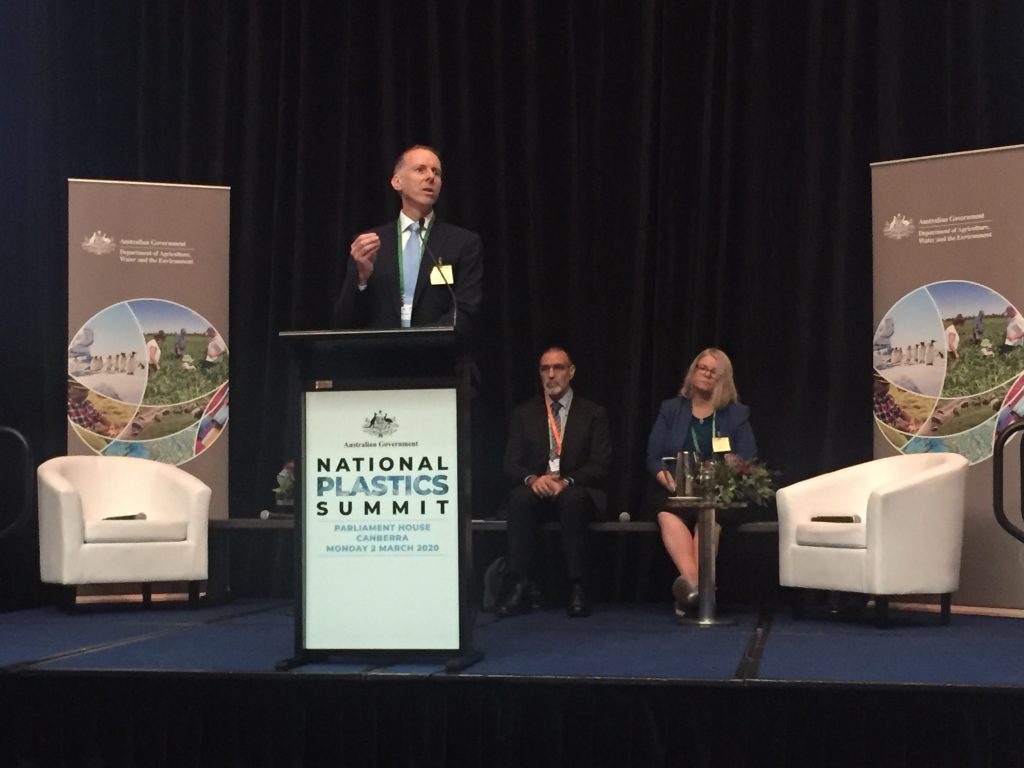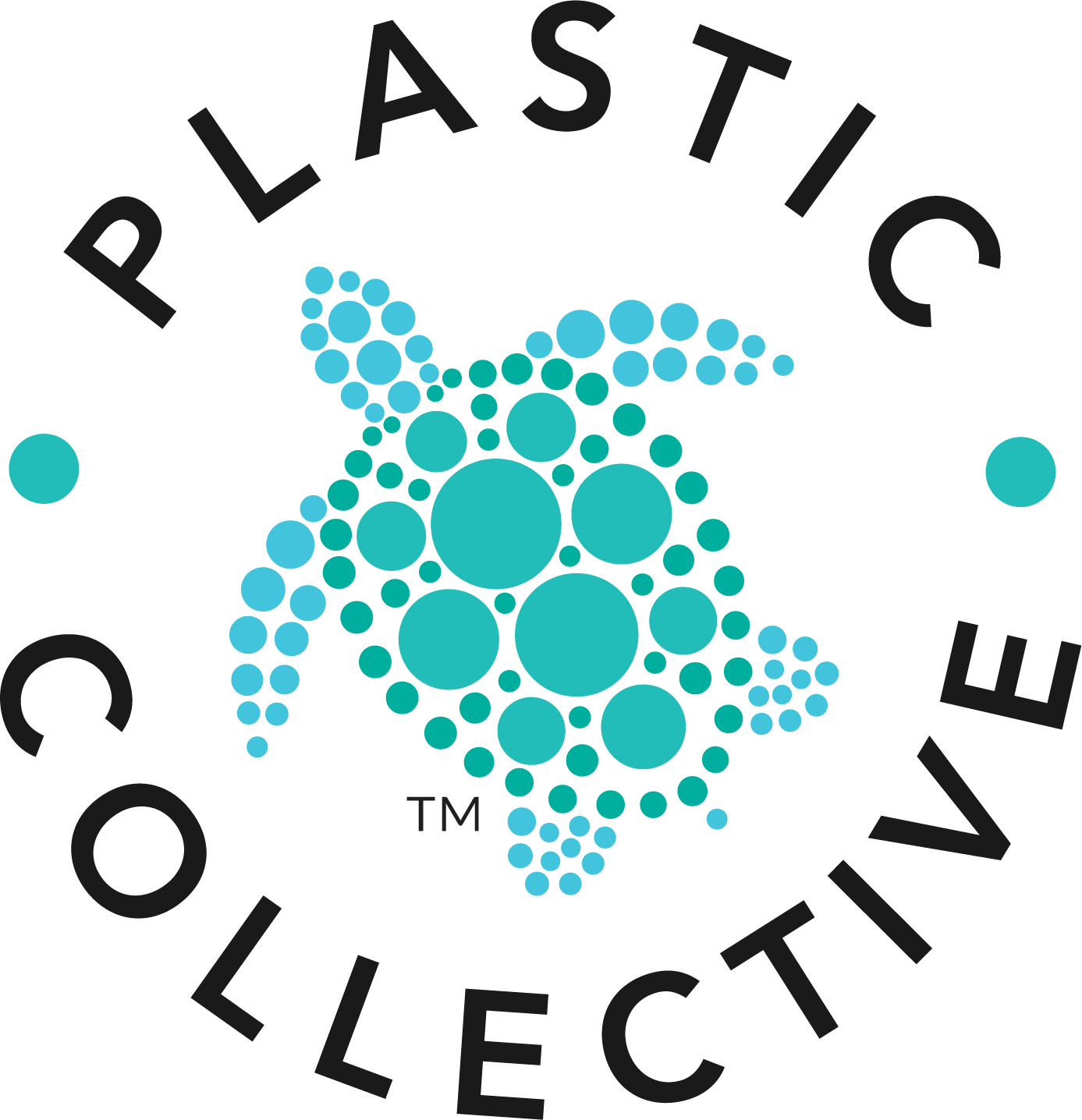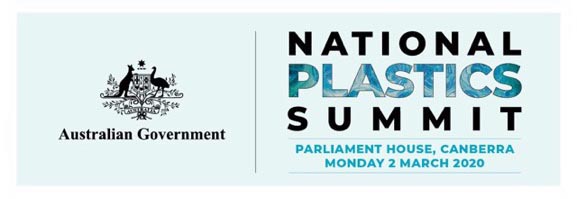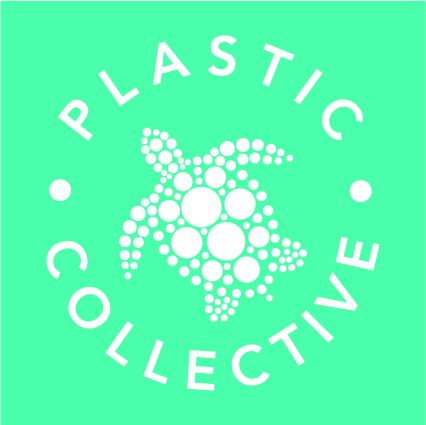National Plastic Summit 2020 – Summary

Workshop: Plastics in the Economy, speakers: Peter Bury, Damien Giurco, Bronwyn Laycock, Stephen Scherer
Summary
NATIONAL PLASTICS SUMMIT:
PARLIAMENT HOUSE, CANBERRA
02/03/20
National Plastic Summit consisted of 200 selected delegates from Australian industry, research, businesses and plastic related fields. 5 working groups were established to address how Australia can move forward to create a thriving and sustainable recycling industry and circular economies.
Five working groups included:
- Addressing plastics at its source
- Plastics and our daily life
- The Plastics revolution
- Plastics in the economy
- Plastics in our oceans and waterways
Main conclusions from Working groups
Key points:
1. Addressing plastics at its source
- Design of products should be acknowledged for full life cycle
- Consumer education is important
- Demand for recycled plastic material is high, however supply is difficult
2. Plastics and our daily life
- ‘Bigger is better’, scaling of more recycling facilities is important to process high quantities
- ‘Buy it and they will come’, demand creates a market for products
- ‘Keep it simple stupid’, standardization of processes is more practical and efficient
- ‘Show me the money’, where should the money come from to support industry? Waste levy, other?
- ‘Play with the tensions between voluntary frameworks, industry and government frameworks’.
3. The Plastic Revolution
- The technology for resource recovery in Australia is available
- It is a systems problem, so it is a systems solution
- A shift from ‘cost-based’ systems to a ‘value-based’ system in required, directed through national community education
- Don’t penalize, create aspirational values-rewards, incentive based
- Make it easier to do business in Australia, to avoid valley of death
- Harmonize collection systems, call out green-washing and undertake full life-assessments for plastic products
4. Plastics in the Economy
- Create a vision hierarchy of best practice
- Look at legislation (or voluntary incentives) of 30% recycled content to stimulate resource recovery economy
- Create new modes of collaboration between industry and research
- Establish a Growth Centre based on secondary materials and circular economy
- De-risk the recycling industry
5. Plastics in our oceans and waterways
- Education is key
- Problematic plastics such as PVC and PS should be phased out of single-use plastics
- Government assistance for infrastructure is required, eg. Supporting councils to maintain stormwater drains and traps
- Previous Senate inquires, including ‘Toxic tide’ (2016) and ‘Waste and Recycling Industry’ (2018) need to be followed through
- At source reduction of microfibres should be addressed
- Reduction of plastics is vital to minimize consumption
- Damage from ghost nets in the ocean has serious impact, particularly in northern regions


